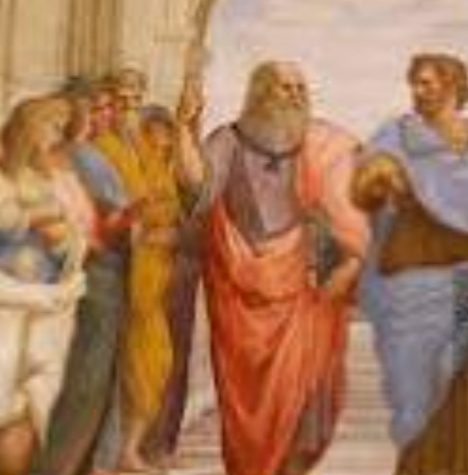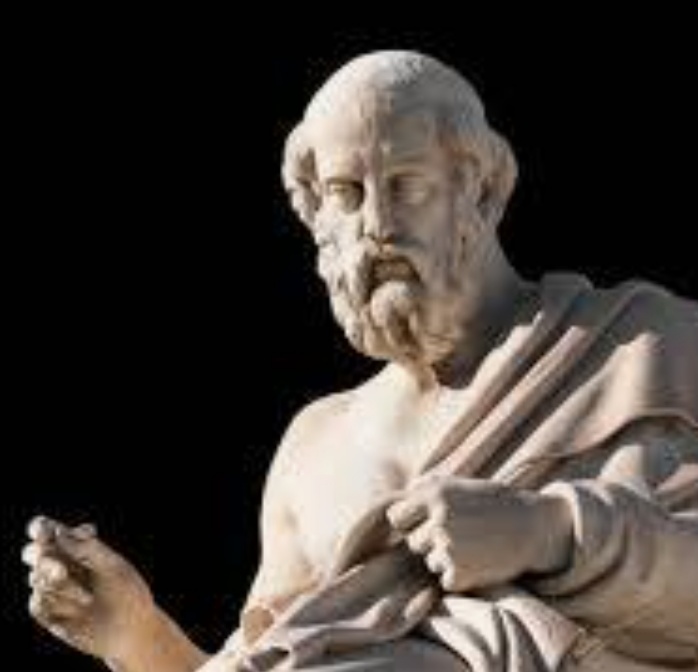Building on the demonstration by Socrates that those regarded as experts in ethical matters did not have the understanding necessary for a good human life,
Plato introduced the idea that their mistakes were due to their not engaging properly with a class of entities he called forms, chief examples of which were Justice, Beauty, and Equality. Whereas other thinkers—and Plato himself in certain passages—used the term without any precise technical force, Plato in the course of his career came to devote specialized attention to these entities. As he conceived them, they were accessible not to the senses but to the mind alone, and they were the most important constituents of reality, underlying the existence of the sensible world and giving it what intelligibility it has.

In metaphysics Plato envisioned a systematic, rational treatment of the forms and their interrelations, starting with the most fundamental among them (the Good, or the One); in ethics and moral psychology he developed the view that the good life requires not just a certain kind of knowledge (as Socrates had suggested) but also habituation to healthy emotional responses and therefore harmony between the three parts of the soul (according to Plato, reason, spirit, and appetite).

His works also contain discussions in aesthetics, political philosophy, theology, cosmology, epistemology, and the philosophy of language. His school fostered research not just in philosophy narrowly conceived but in a wide range of endeavours that today would be called mathematical or scientific.
Plato believed that reality is divided into two parts: the ideal and the phenomena. The ideal is the perfect reality of existence. The phenomena are the physical world that we experience; it is a flawed echo of the perfect, ideal model that exists outside of space and time.
Plato sees the good life as being attained through the perfect love and lacN of desire, while Aristotle believes that the good life is achieved through a …
According to Plato, there are four virtues, that if acquired, will lead to a good life.
Courage: This has to do with overcoming your fears and standing strong during tough times. It also involves the ability to self-sacrifice and not lower yourself to the level of those who are not on the same moral field.
Wisdom: This is your ability to determine what the higher good is, and take appropriate action, in any given situation. A person who is wise is comfortable in their own skin and can find wisdom in nature as well as in other people. They are observers and listeners.
Justice: This has to do with your ability to judge fairly and impartially. It also has to do with respecting other people and their opinions, even if they are different from yours.
Temperance: This means you are able to keep things in balance, rather than going to extremes in behavior or thought. This does not mean you can’t enjoy yourself, just to have self-discipline and have self-moderation when it comes to the things you like.
Plato was born 428/427 BCE, Athens, Greece—died 348/347, Athens) was an ancient Greek philosopher, student of Socrates (c. 470–399 BCE), teacher of Aristotle (384–322 BCE), and founder of the Academy. He is best known as the author of philosophical works of unparalleled influence and is one of the major figures of Classical antiquity.
.


